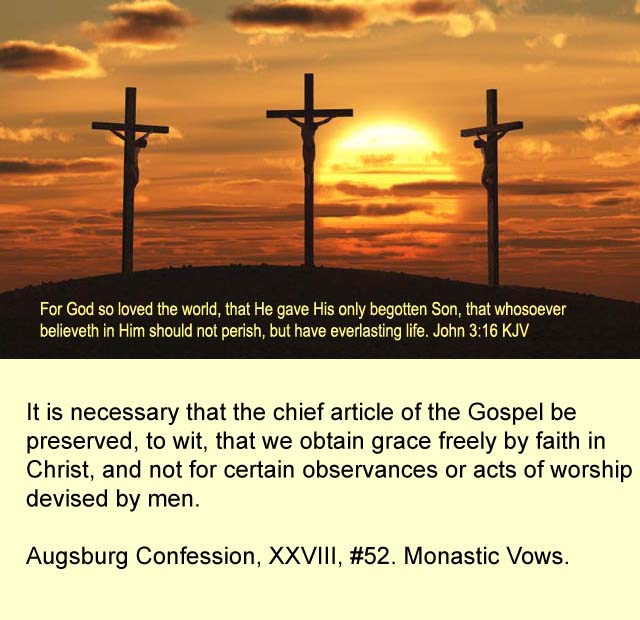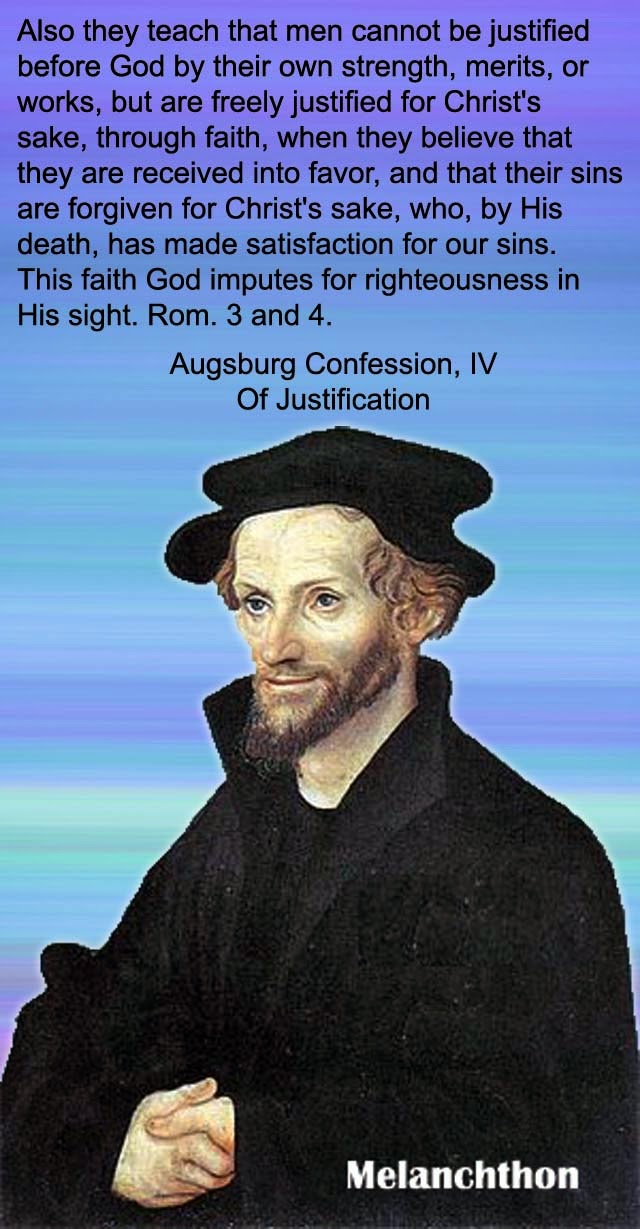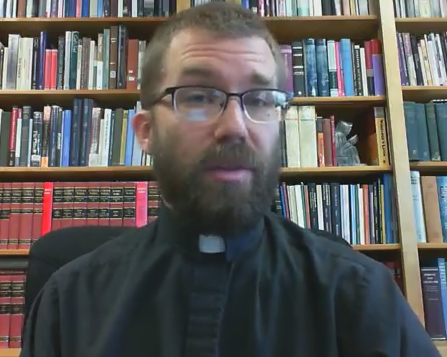Colossians 1`:9 For this cause we also, since the day we heard it, do not cease to pray for you, and to desire that ye might be filled with the knowledge of his will in all wisdom and spiritual understanding; 10 That ye might walk worthy of the Lord unto all pleasing, being fruitful in every good work, and increasing in the knowledge of God; 11 Strengthened with all might, according to his glorious power, unto all patience and longsuffering with joyfulness; 12 Giving thanks unto the Father, which hath made us meet to be partakers of the inheritance of the saints in light: 13 Who hath delivered us from the power of darkness, and hath translated us into the kingdom of his dear Son: 14 In whom we have redemption through his blood, even the forgiveness of sins:
Matthew 9:18 While he spake these things unto them, behold, there came a certain ruler, and worshipped him, saying, My daughter is even now dead: but come and lay thy hand upon her, and she shall live. 19 And Jesus arose, and followed him, and so did his disciples. 20 And, behold, a woman, which was diseased with an issue of blood twelve years, came behind him, and touched the hem of his garment: 21 For she said within herself, If I may but touch his garment, I shall be whole. 22 But Jesus turned him about, and when he saw her, he said, Daughter, be of good comfort; thy faith hath made thee whole. And the woman was made whole from that hour. 23 And when Jesus came into the ruler's house, and saw the minstrels and the people making a noise, 24 He said unto them, Give place: for the maid is not dead, but sleepeth. And they laughed him to scorn. 25 But when the people were put forth, he went in, and took her by the hand, and the maid arose. 26 And the fame hereof went abroad into all that land.
Examples of Faith
Matthew 9:18 While he spake these things unto them, behold, there came a certain ruler, and worshipped him, saying, My daughter is even now dead: but come and lay thy hand upon her, and she shall live.
Faith - Taboo
Many do not know this, but faith has become the taboo word among the synodical Lutherans. One must travel the back roads of the UniSynod (ELCA-WELS-LCMS-ELS-CLC) to realize how true this is.
The outward show is one of holiness, which should not be mistaken for faith in God. This holiness is portrayed and advertized as superiority to other synods. ELCA is not restricted by legalism and hate. The LCMS is Biblical and Waltherian, unlike the others. The WELS just plain different, which is always held up as an advantage among cults. The males are alway cross-dressing, but that is because WELS is different. The ELS is superior because it is not WELS. The CLC, which has almost vanished, is the only synod in the UniSynod featuring donkey basketball.
But they have this in common, besides their work in ministry together (via Thrivent) - they disparage faith and say that God has already declared the entire world forgiven and saved, without faith. Moreover, this proves their emphasis upon grace.
How Faith Was Distorted and Came Up Missing
Unfortunately for the UniSynod, I spent years reading their favorite books when others were advancing in the praise of their organizations and memorizing Packer statistics.
Biblical Christianity recognizes what the Old Testament and New Testament teach - the efficacy of the Word. Just as many "conservative" Christians are embarrassed by the Six-Day Creation, so are they blank about the relationship between the Word and faith.
Calvin and Zwingli were jealous of Luther - and they were rationalists. Thus they fell in love with their own words in dealing with the Scriptures and embedded an opposition within Protestanism. No matter how mankind chooses to label all the Protestants, they follow Zwingli and Calvin to a great extend, with some minor flavors that distinguish one from the other, but not much.
Silence about the efficacy of the Word also leads to disparaging the Means of Grace - the Word and Sacraments as God's instruments of bringing grace to people.
Thus faith is not a decision of man and not an act of the will. Faith is the creation of God through the Holy Spirit in the Word. Or, in other words, the Spirit brings Christ to the individual and Christ converts that person just as surely as the risen Christ converted Paul.
Paul called believers "new creations" or "new creatures." How can anyone dispute this? They do not, but they have a substitute, which is ignoring this matter altogether. That ultimately ends in emphasizing our own holiness, which is ridiculous but fashionable.
Faith in God is a living, active, impossible to stop quality from our relationship with the Savior. As Luther says in the second sermon on this passage, faith distinguishes us from animals. An unbeliever is an animal. Take a pet for a walk. The dog or cat is always exploring always sniffing - looking for food, water, or a mate. That is all they really know. Unbelievers think only about what is material or for their pleasure. Thus life is moving from one materialistic or pleasure goal to another.
As soon as we connect faith with something we have done or accomplished, thought or concluded, it is man's creation. But that is false. Faith in Christ comes from God through the Word.
Refusal to believe in infant faith is a good example of man's blindness. Everyone jumps to trust in the child's knowledge of his parents, especially mom, and his siblings - which are perfect and delightful in a baby's eyes. They know where they belong and they trust that a giggle will delight, a cry will ignite a flurry of activity. What about discomfort in the clothing? They convey that perfectly well, although some parents are a bit dense in interpreting discomfort.
The funniest moment on religious TV was watching Oral Roberts "dedicate" a baby while denying infant faith and infant baptism. So he used the texts for infant baptism to dedicate the child to faith in Christ. Such contradictions do not end well, as we can see from the downhills trends in America.
This all comes from the breakdown between the Scriptures and the individuals. That is not because the Scriptures are difficult to understand in the basics, but because the rationalists have laid down a filter so that every text is read in the context of rationalism.
Matthew 9:18 While he spake these things unto them, behold, there came a certain ruler, and worshipped him, saying, My daughter is even now dead: but come and lay thy hand upon her, and she shall live.
How is it that this ruler of the synagogue and this woman began trusting in Christ so much that they believed the impossible? We have many examples of the Gospels telling us that the rumor or hearing of His deeds went throughout the land and droves of people came to hear Him and witness His miracles. This group of people changed all the time, so a large number were ear-witnesses and eye-witnesses of His Word and miracles.
The Gospel of John teaches that the miracles were performed to confirm the divine teaching of Jesus. (A Lutheran pastor cautioned me not to say this; that struck me as odd - he knew very little of the Fourth Gospel. When he was against faith as a "work" I quoted John, where Jesus used that term ironically. "What work should we do?" - Answer - your only work is to believe in Me."
The ruler of the synagogue had so much faith in Jesus that he came to the Savior to ask for a miracle among miracles. The others were preparing his daughter for the funeral, but he trusted Jesus could restore her to life.
There are three such miracles in the Gospels -
- The widow's son.
- The young woman.
- Lazarus.
Some deny these miracles as examples of swooning, but they also deny the resurrection of Christ. Lazarus did not swoon for days in a cave-tomb, but the facts do not matter to unbelievers.
My daughter is even now dead: but come and lay thy hand upon her, and she shall live. 19 And Jesus arose, and followed him, and so did his disciples.
The ruler of the synagogue knew that Jesus had to power to restore life to his daughter. The Gospels present Jesus as friendly, gracious, always serving those who were poor, sick, and rejected by the better people of the time.
This ruler was taking a great risk because anyone in an organization knows that associating with a different person can be damaging, even fatal. If that person is accepted by everyone as a wise person or a celebrity, that is different. There is always a sense of what is acceptable at the moment. There was always opposition to Jesus then, as there is now.
Everyone is going to know what the ruler did, and the disciples went along for this event. Jesus did this to establish His teaching and to confirm it among many people, because no one could keep quiet about this.
20 And, behold, a woman, which was diseased with an issue of blood twelve years, came behind him, and touched the hem of his garment: 21 For she said within herself, If I may but touch his garment, I shall be whole.
The Gospels teach two miracles together, and there are other examples of this style, with a story beginning, a middle story, and the ending of that first story.
This woman was in a hopeless situation, but she had faith in Christ. Her malady was such that she was considered unclean for 12 entire years, miserable from the disorder and weakened by it. And yet she said, "I do not need to ask Him. I only need to touch Him." She was not supposed to approach Him, unclean, according to Jewish law.
This is an example of what Luther often preached about - the Gospel is for the poor, the seak, the weak, the outcast.
One ancient Christian wrote, "If the hem of His garment can make someone whole again, how much more powerful is His body and blood to heal us of all ills?" And yet without faith in the Sacrament, this too is discarded. The hem of the garment is an example for people to trust in the Sacraments, because the Promise is attached to physical realities.
On one especially miserable day, in terms of various events, I looked up in the sky and saw a brilliant rainbow, as only Phoenix can provide - a quick storm and dessert sun. That reminded me of the Promises of God. This is universally accepted by Christians, the rainbow as a sign of God's Promise, but they quibble over something far more directly taught and revealed - the Sacrament of Holy Communion.
We have to admit - we all fall prey to doubts and grow cold about the Faith revealed to us. And so we are cheered and encouraged by the Gospel.
22 But Jesus turned him about, and when he saw her, he said, Daughter, be of good comfort; thy faith hath made thee whole. And the woman was made whole from that hour.
Here is someone who did not ask for money, land, housing, clothes. She only wanted to leave her semi-existence behind. Believing in Him drove her forward and her only thought was faith in Him. Thus she received this great blessing of healing. That is why I post prayers whenever someone asks for them, and I believe God will intervene as He has so many times in the past.
These experiences lead us to understand that what mattered before seldom matters in the long run. Everything in the material world is passing away and cannot comfort us, but the Gospel is spiritual life, eternal life, and that is the greatest comfort.
23 And when Jesus came into the ruler's house, and saw the minstrels and the people making a noise,
Splitting the miracle is a great example irony. On the way, incidentally, an unclean woman was healed because of her faith, and it was the kind of miracle which is appreciated by many who have been dogged by a persistence and very annoying disorder.
The noisy minstrels and people were going through a show of mourning, which they thought was proper. And we know they are complete fools, but they have to prove it. This often happens when faith meets unfaith. The unbelievers (often very noble and holy in their church bodies) laugh and mock at the impossible. They are the people that enjoy stoving in the boat, making it leak and sink, and then show up to laugh about the effects of their work. I have seen enough of them to enjoy their mockery, which always ends up as self-mockery.
When we encountered this New Ulm, we were not even welcome in the unused senior center. Finding a place to use seemed impossible, but we ended up with a property one man refused to sell, except to us, and he rented it back from us as we built a little chapel, found hymnals and chairs, etc etc. That was the beginning of Bethany in the last century, truly a creation out of nothing - no money, no land, no hymnals, no chairs.
24 He said unto them, Give place: for the maid is not dead, but sleepeth. And they laughed him to scorn.
The unbelievers laughed at Jesus, as they will and must. That is the surest sign of their rejection. Sometimes they hold it back a little, but their looks are mocking and they love their witty, little digs.
Thus they laughed at Noah when he was building the ark, but they all wanted passage aboard when it was too late. We know from the fossils that the largest animals gathered with all the others as the waters rose. One thing united them, finding the highest point, but only the life on the ark survived (and the water life). And yet, 1 Peter 3:21 cannot convince many that Holy Baptism is a Sacrament that saves. That makes them angry, another aspect of laughing at God's Promises.
The same type of people who screamed at Stephen and covered their ears will do the same about Justification by Faith. They throw the stones will glee because they imagine they are doing God a favor, as Jesus predicted in John's Gospel.
25 But when the people were put forth, he went in, and took her by the hand, and the maid arose. 26 And the fame hereof went abroad into all that land.
The unbelievers were thrown out (ekballo). Jesus lifted her by the hand, and she arose. We know He said, "Little girl arise." And she served people afterwards - completely restored to life and to health. How did faith in Jesus grow and antagonism with it? The report of this event went all over the land.

















































